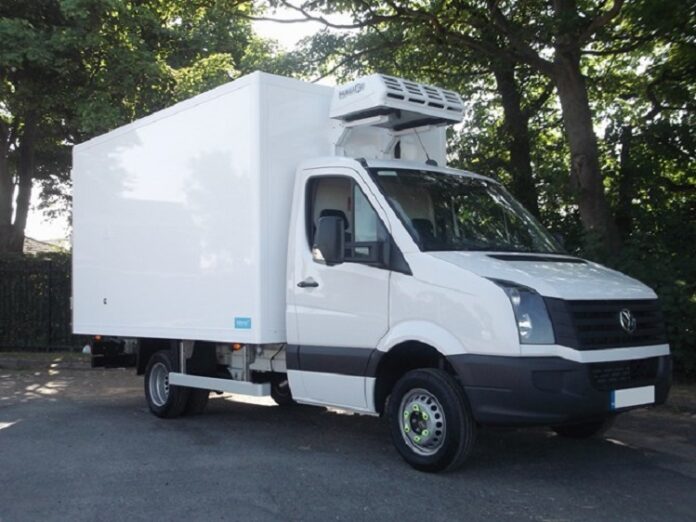There are a lot of different kinds of vans on the road today, from the more traditional delivery van to the smaller vans that are used for passenger transportation. Among these, the refrigerator van is considered to be some of the most useful types of vans as it allows people in certain industries to transport their goods in a safe and secure manner.
The refrigerator van is an ideal solution for all types of food, flowers and plants transport. The interior of the refrigerated vehicle is insulated and equipped with a fridge unit, which keeps the temperature at the temperature set by the driver. A refrigerated van can be a good investment if you are thinking of improving your company’s transport services. Or maybe you want to start your own business in this area. Either way, these vehicles will certainly work best for this purpose.
What are the Advantages of a Refrigerator Van?
The first advantage of having a refrigerator van is that you can transport goods that require refrigeration to arrive in good condition. Perishable goods such as food products, medicine or even flowers can be transported in refrigerated vans. The technology and equipment used in these vehicles means that they can keep temperature levels constant and keep goods safe.
Another advantage of refrigerator vans is their ability to serve as mobile freezers and fridges. There are various companies that use refrigerated vehicles for catering services where they need to store food items as well as keep them in good condition during transportation. These refrigerated vehicles allow restaurants and hotels to deliver food products safely without having to worry about spoilage.
The first thing to know is that a refrigerator van is not the same as a freezer van. They may look exactly the same, but the difference between the two is important. A refrigerator van will keep food at a temperature of 7C or above. At this temperature, food can be stored for many days without deterioration.
A freezer van will keep food at a temperature of -18C or below. This is cold enough to freeze food and keep it frozen for many days, even weeks. The advantage of this is that it allows you to distribute frozen foods without them defrosting in transit.
The advantages of a fridge van are obvious, but there are some disadvantages too. For example, there are dangers associated with transporting perishable goods if they are not kept properly refrigerated. Additionally, once refrigerated goods have been removed from their insulated environment, they must be consumed within a short period of time or they will deteriorate.
The advantages far outweigh these minor disadvantages though, and they ensure that any organization which needs to transport perishable goods uses a refrigerated vehicle in order to do so safely.









